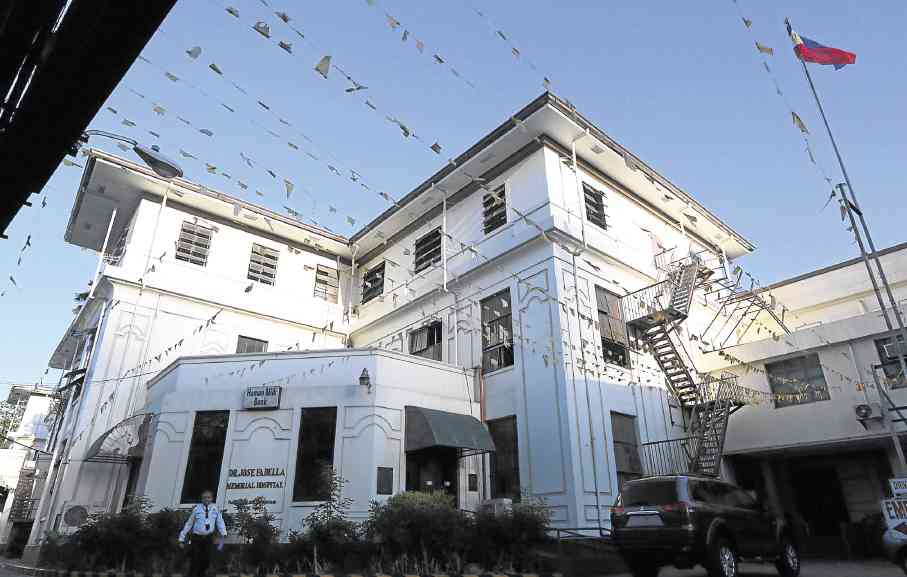
THE aging Dr. Jose Fabella Memorial Hospital welcomes 60 to 80 babies every day. Construction of its new site is underway within another Department of Health property in the city. INQUIRER FILE PHOTOS
“Construction is ongoing and we are in constant communication with the Fabella staff. But the end goal is really to transfer the hospital. There are groups opposed to it so we are still negotiating with them,” Health Secretary Paulyn Jean Ubial said.
“We don’t want to coerce or impose ourselves on people, so it’s a constant dialogue with all the personnel involved,” she added.
In July, the DOH chief said she would review the plans to transfer the hospital, which is currently located on Lope De Vega Street in Sta. Cruz, to a new site being developed inside the DOH compound in San Lazaro.
The review was prompted by the opposition aired by some groups against the transfer, mostly from the hospital’s own employees. They are not against the construction of a new facility but they want it to just serve as an extension and the original Fabella hospital to be retained.
Studies made by different institutions found four out of Fabella’s eight buildings to be structurally unsound. The DOH secretary also pointed out that these old buildings were not compliant with fire safety standards.
There were suggestions to do retrofitting works to strengthen the old buildings, but Ubial said such measures would cost more than P100 million.
“Instead of retrofitting an old building, where we still face a lot of problems, we would rather use the money to build new ones,” she said.
Fabella’s new home inside the DOH compound is envisioned as a six-story, 700-bed hospital, which is expected to be completed by May 2017.
Catering to low-income families, the government-run hospital has earned a reputation as the country’s “baby factory,” where 60 to 80 deliveries are recorded every day. Julie M. Aurelio, with Inquirer Research